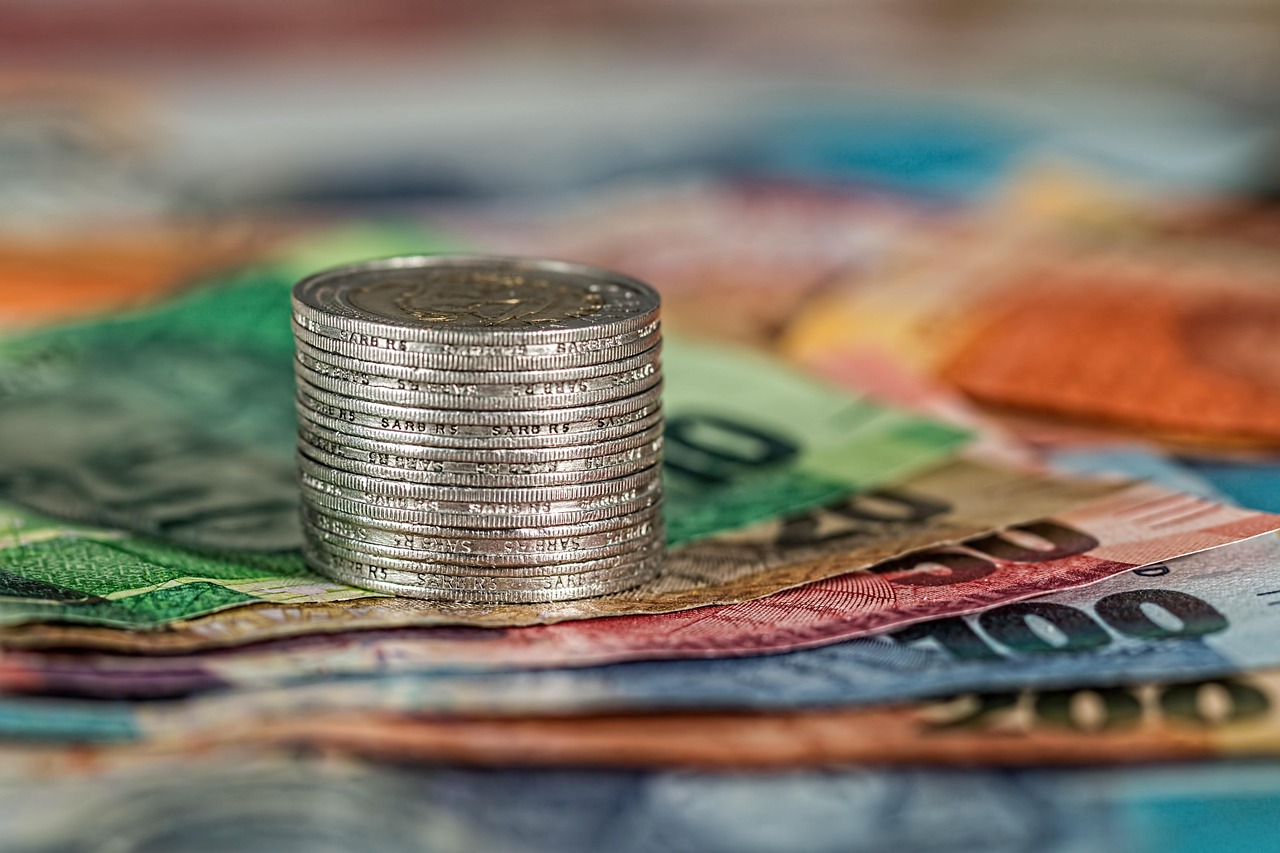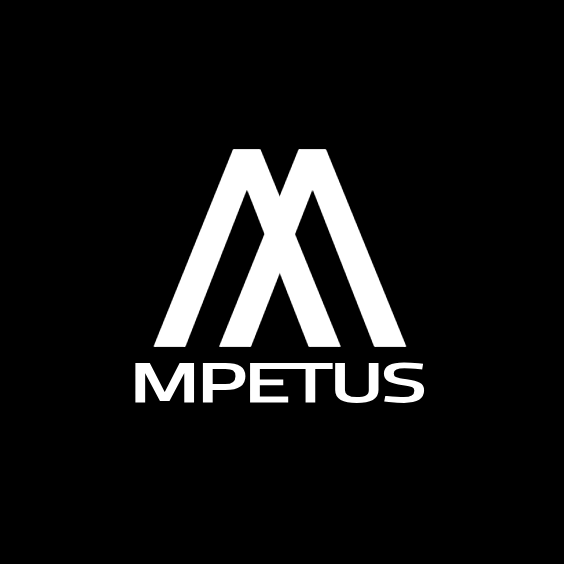Turning Waste Into Wealth and Opportunity
Date: 2025
Location: AH Hotel & Conference, Accra
Event Type: Multi-Session Conference
Focus Areas: Sustainability, Waste Management, Innovation, Green Economy, Policy, Youth Employment
Redesigning the Future, One Resource at a Time
The Circular Economy Conference 2025, held at AH Hotel & Conference in Accra, wasn’t just a typical sustainability event. It was a powerful reminder that what we throw away today might be our biggest opportunity tomorrow.
With three in-depth sessions, the conference brought together key voices from Ghana’s public and private sectors, each offering insights into how local innovation, thoughtful policies, and community action can help Ghana build a greener, more self-sustaining economy, one that not only protects the environment but also creates jobs and dignity for everyday people.
Session One: Secondhand Fashion, E-Waste, and Environmental Justice
The first session set the tone with a bold spotlight on Ghana’s e-waste sector and secondhand fashion market, particularly activities around Accra’s Kantamanto Market, one of the largest resale markets in West Africa.
Stakeholders discussed how massive amounts of fabric waste, especially from secondhand clothing, are harming the environment and local business communities. But rather than painting a grim picture, this session highlighted solutions:
- Upcycling innovation: Finding new ways to repurpose fabric waste instead of sending it to landfills
- Remanufacturing and fiber recovery: Giving new life to old materials
- Infrastructure challenges: Identifying what’s missing in helping market-based entrepreneurs lead the circular economy
- Fashion justice: Asking important questions about who benefits and who suffers from fast fashion trends
It was a mix of realism and hope, acknowledging the environmental cost of waste, but also the potential for sustainable livelihoods rooted in recycling and innovation.
Session Two: Organic Waste, Sustainable Farming & Local Action
In the second session, the conversation shifted to organic waste and agriculture, exploring how everyday waste could help rebuild Ghana’s soil, support chemical-free farming, and even contribute to eco-friendly medicine production.
Key themes included:
- The 2025 to 2028 sustainability plan focused on converting organic waste into agricultural value
- Climate-smart farming and reducing dependency on chemical fertilizers
- Community-based projects like weed dredging and eco-recycling for medicinal crops
- Bridging science with traditional practices to support ecological resilience
This session beautifully connected the dots between waste management, food security, and local empowerment, especially for rural and low-income communities.
Session Three: Financing the Circular Economy
The final session tackled the question every innovator eventually faces: “How do we fund this?”
A panel of experts took a deep dive into the financial side of the circular economy, including:
- Opportunities and challenges in attracting climate investment
- Youth employment through circular strategies in e-waste and textile management
- Economic demand in urban vs. regional markets
- Perceived risks and what needs to change to make green businesses bankable
- The ERG model for financing circular businesses and ensuring they scale responsibly under strong corporate governance
It was clear: the vision is there, the talent is there, but stronger financial frameworks, policy enforcement, and investor trust are still needed.
What We Gained:
This conference offered more than just policy talk. It gave:
- A clear picture of how circular economy principles can be applied locally
- Empowerment for informal sectors, especially in secondhand markets and small-scale agriculture
- Creative ways to reduce waste while also creating economic opportunity
- A platform for collaboration between innovators, communities, and policymakers
Still a Work in Progress:
Despite the energy and vision, a few gaps and challenges remain:
- Lack of infrastructure: Especially for waste collection, fiber processing, and upcycling at scale
- Weak policy enforcement: Without proper regulation and incentives, even good ideas stall
- Funding challenges: Many community-based initiatives remain underfunded
- Stigma and awareness: Many still see waste work as “low status,” despite its huge potential
Closing Thoughts:
The Circular Economy Conference 2025 wasn’t just about waste, it was about worth.
It reminded us that our communities, our environment, and even our trash hold hidden value. With the right partnerships, policies, and support, Ghana can lead the way in turning circular ideas into lasting impact.
The road ahead isn’t simple, but events like this bring clarity, courage, and connection, three things we’ll need to shape a greener and more inclusive tomorrow.


